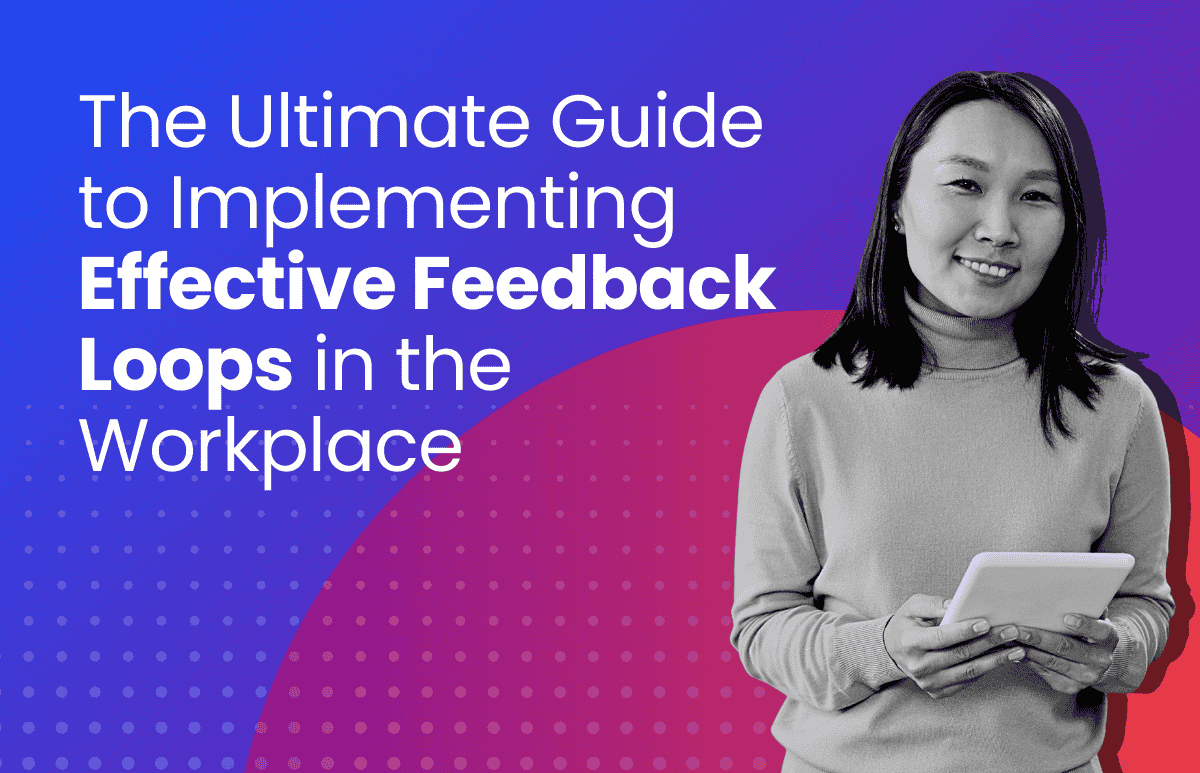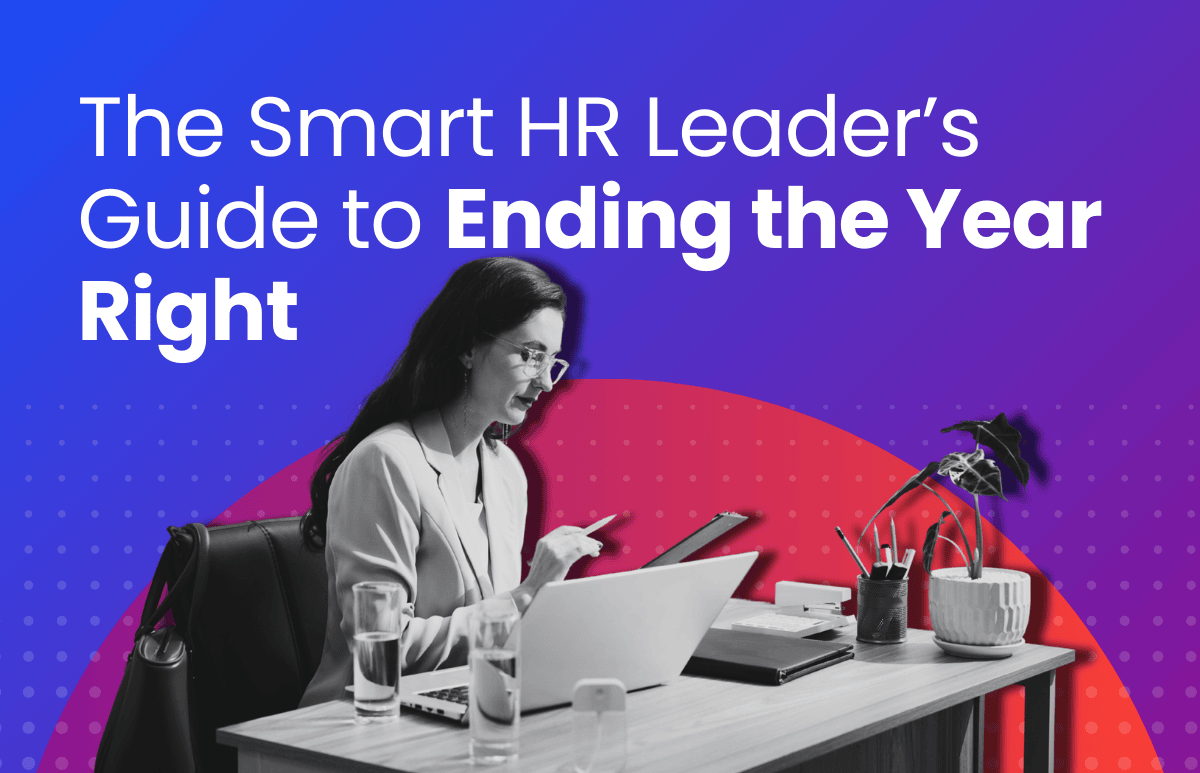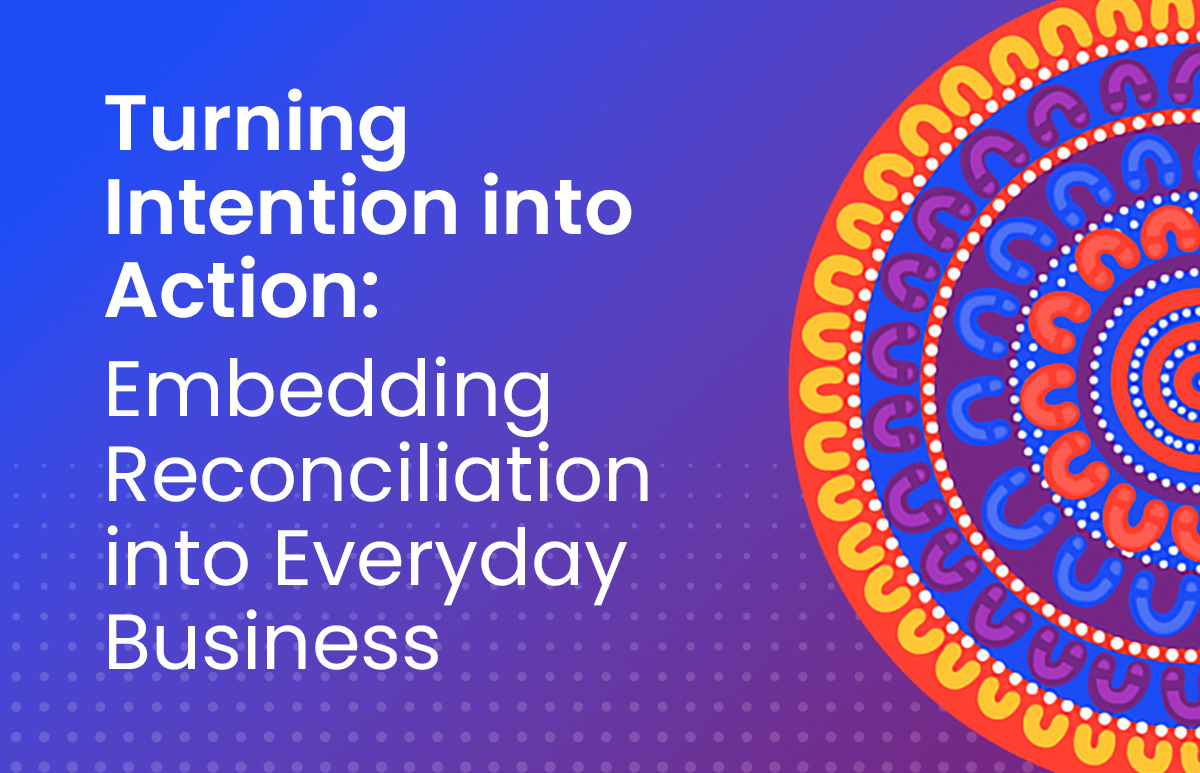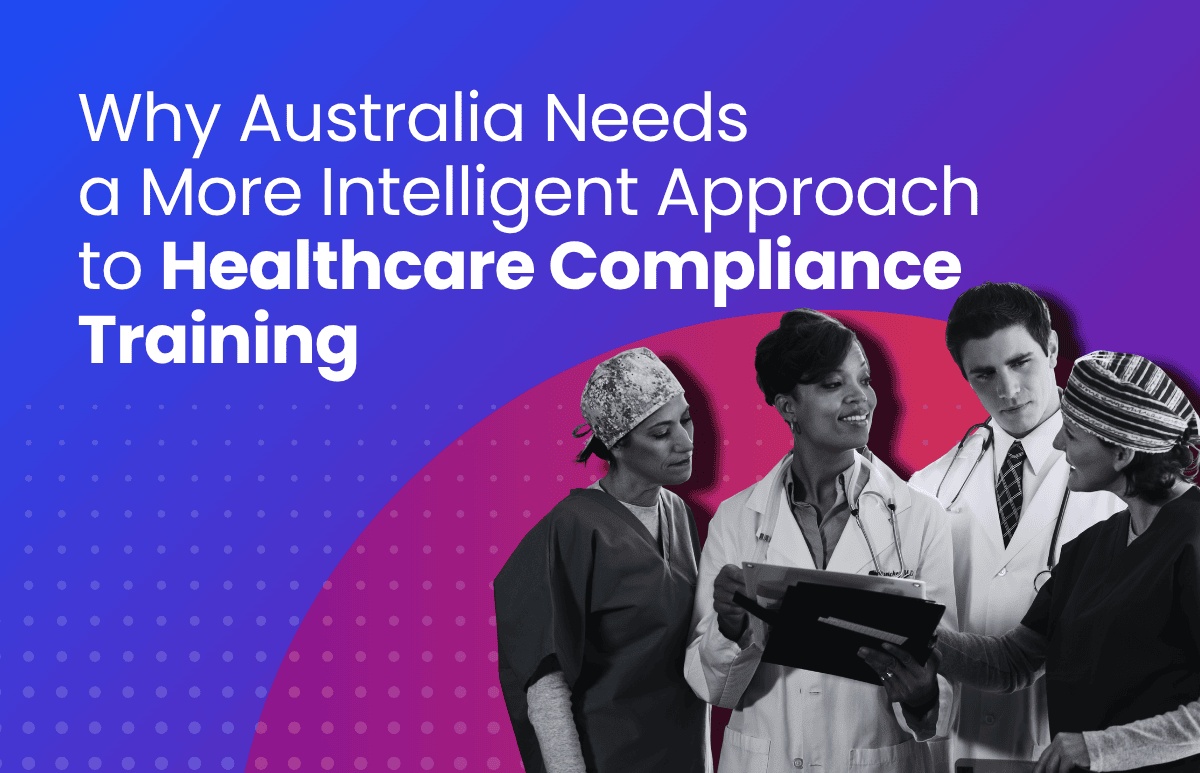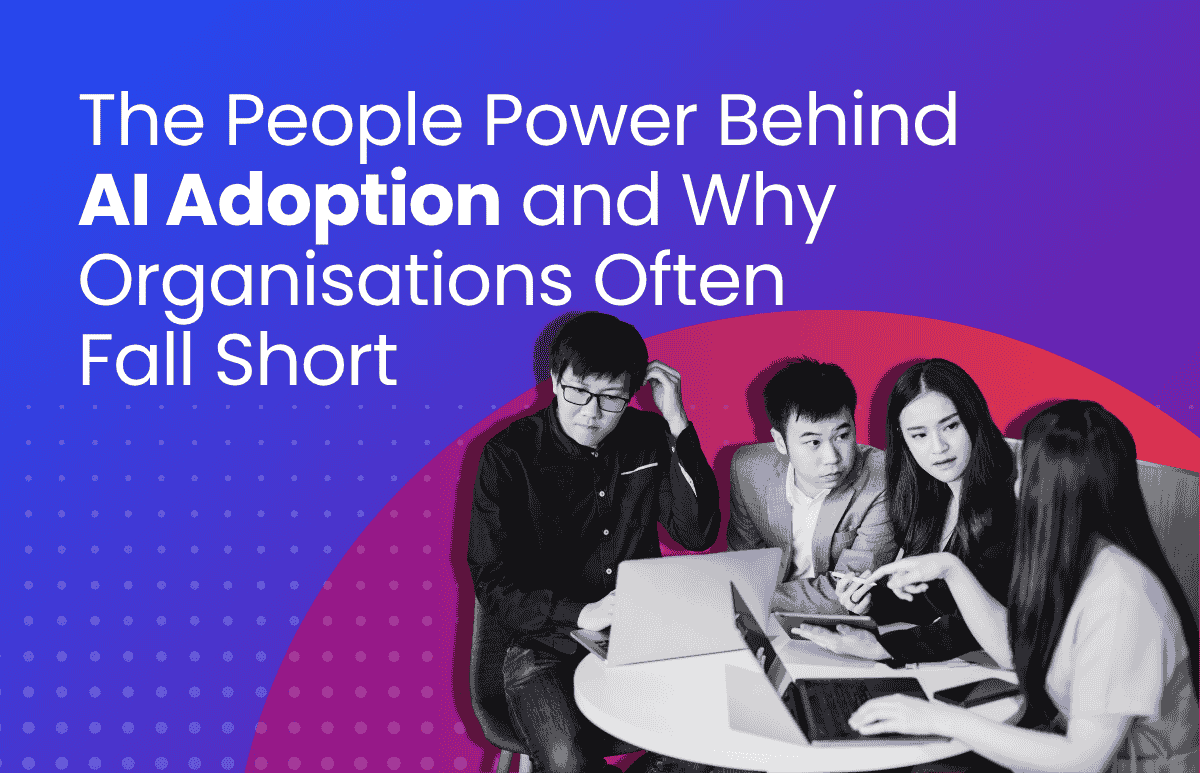Set the Record Straight: The Employee Records Employers Must Keep

It’s safe to say that compliance processes aren’t the most exciting part of business, but they are essential. For HR professionals, meeting compliance regulations is a significant part of the role.
A huge element of HR compliance is employee record-keeping. Good record-keeping is pivotal for an HR practitioner in Australia and New Zealand to be able to show the company has adhered to all relevant workplace laws and regulations.
Below is everything you need to know about record-keeping and ensuring your organisation always remains compliant.
Why is record-keeping important?
Record-keeping is critical to businesses – small and large. It is required, by law, for employers to keep detailed records of each employee’s employment journey, from “hire to retire”, as it safeguards both parties against non-compliance (which may result in legal action and hefty fines). Records serve as evidence in disputes, adverse actions, or unfair dismissal claims that could harm an organization.
Employee records should encompass the entire employment journey, from the initial interaction to the end of employment and beyond.
Employers will first begin to gather employee records during the recruitment process. The candidate will share his/her personal contact details, copies of their resume, qualifications and visa (if applicable). Hiring managers may also acquire personal and professional references and conduct background checks. Employers must also keep on file all variations of the signed employment contract, as it may need to be referred to later.
Once an employee commences their role, they will complete any necessary onboarding and induction procedures. Document the employee’s participation and completion of safe work procedures to demonstrate compliance with training requirements. The same applies to any training completed by the employee throughout their employment journey, as well as every performance appraisal or discussion. The responsibility for keeping these kinds of records falls less on HR and more on direct managers, which may be problematic. Companies should actively promote and facilitate efficient record-keeping practices to prevent them from falling by the wayside.
The law mandates that employers provide every employee with a payslip. A Fair Work Ombudsman audit in Australia in 2018 uncovered that over 500 businesses failed to adhere to the “basics” of workplace law compliance: paying staff their correct rates, providing payslips and keeping employment records. Of these businesses, 70% underpaid their workers and 30% failed their record-keeping and payslip obligations. Fair Work inspectors issued fines totalling almost $33,000 in penalties, and issued multiple contraventions letters, formal cautions and compliance notices.
What records must employers in Australia keep?
In Australia, most workplace obligations fall under the National Employment Standards (NES) contained in the Fair Work Act 2009. In accordance with the Fair Work Act 2009, the employee records that employers must keep include (but are not limited to):
- Personal contact details
- The employment commencement date
- The nature of the employment
- Wages and payslips
- Overtime
- Leave records
- Superannuation contributions
- The termination of employment
What records must employers in New Zealand keep?
In New Zealand, employers must comply to the Employment Relations Act 2000 and the Holidays Act 2003. The records employers must keep are as follows (according to employment.govt.nz):
- Records of all wage deductions, such as PAYE, student loan deductions and superannuation contributions, and any agreements for wage deductions.
- Requests to transfer public holidays (and whether or not these were agreed to).
- Requests to cash-up annual holidays (and whether or not these were agreed to).
- Dates that any extra provisions in employees’ employment agreements take effect.
- Records of the date employees become entitled to sick and bereavement leave (to avoid disputes).
- Evidence of compliance with health and safety responsibilities.
- Evidence of rest and meal breaks provided (or compensation for these).
- Copies of employees’ personal contact details, such as their email addresses, home phone and mobile numbers, if they want to provide these.
- In case of emergency (ICE) contact details.
- Collect employees’ bank account details if you have agreed to this payment method.
- Details of employees’ work permits, if applicable.
Employers in both Australia and New Zealand must keep employee records for minimum of 7 years.
Electronic record-keeping
Whether it’s data duplication or sloppy or inconsistent data inputting, errors happen – especially when dealing with paper-based processes. But when it comes to official records, errors aren’t always forgivable. HR personnel should adopt automated processes and keep records electronically to enhance efficiency, accuracy, and accessibility.
Electronic record-keeping has multiple benefits. These include:
- A centralized, cloud-based employee record system captures and makes easily accessible all records, from anywhere, at any time.
- Having an automated process takes the administrative burden off HR personnel, freeing up more time to work on strategic initiatives.
- Electronic systems and the reports they generate offer greater accuracy because they effectively detect and prevent mistakes and duplications.
- Filing vast quantities of paper is not environmentally friendly and requires a lot of office filing space.
Good practice record-keeping is all about efficiency, accuracy and fail-safe processes. HR technology should facilitate the creation of a process for storing, copying, and sharing the records listed above with managers. Not only will this result in organisational compliance, but it will ease the workload of already-stretched HR teams.
Disclaimer: Please note that the information contained in this blog is not all-inclusive and is intended for general information purposes only. It does not constitute legal or other advice. Always seek professional legal advice.
ELMO Software can help HR professionals manage their workforce, even while operating remotely. As a cloud-based solution, ELMO helps employers manage their teams from anywhere at any time from a secure, centralised location. All employee-employer touchpoints are covered by ELMO’s suite, from ‘hire to retire’. This includes recruitment, onboarding, performance management, payroll, rostering / time & attendance, learning & development, and more. To find out more, contact us.
 HR Core
HR Core 